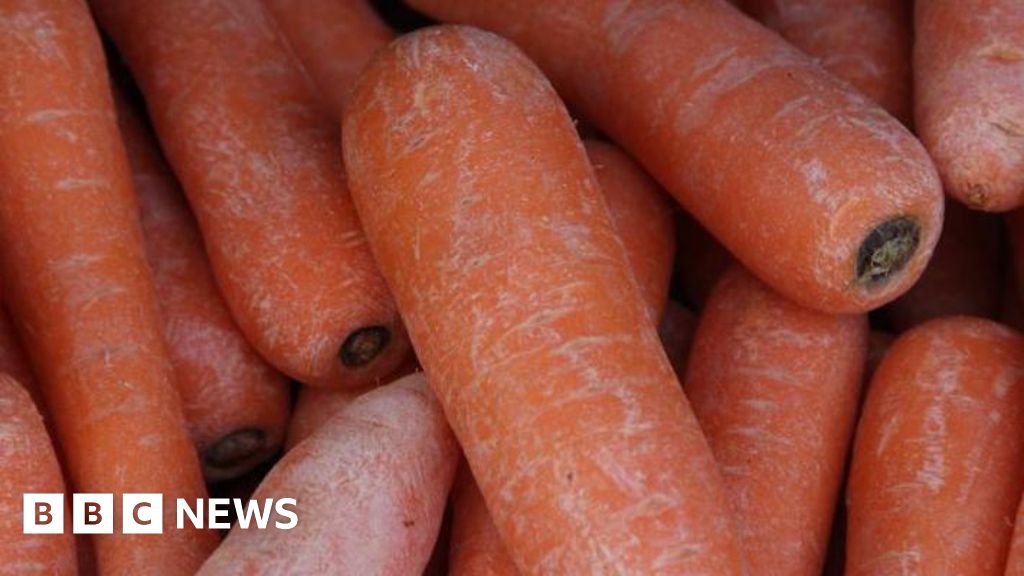 Yevgeny Kanevsky/BBC
Yevgeny Kanevsky/BBC
Chief Executive Mark Cox said it was a “possibility” that the costs could be passed on to customers
The head of the Channel Islands Coop said food prices could increase more in Jersey than Guernsey because of the islands’ new ferry contracts.
Chief Executive Mark Cox said Jersey’s deal with DFDS has removed discounts for companies importing large volumes of goods.
However Guernsey’s contract with Brittany Ferries, the parent of Condor, has kept the measure in place.
A DFDS spokesperson said the company “rejects the suggestion that our freight pricing structure will cause significantly higher food prices in Jersey”.
Mr Cox said dealing with the two different ferry contracts is “challenging” and adds to the “complexity of a very expensive supply chain”.
“The cost is absolutely factored into everything we do in terms of the supply chain,” he said.
He said it was a “possibility” that the costs could be passed on to customers and added, “we’ve ended up in a situation which is not great for either island”.
He said food inflation, currently over 4% but could reach 5% or 6%, is also causing a headache.
Mr Cox said increases to the national living wage and National Insurance payments in the UK are also affecting firms which employ large numbers of people, including food manufacturers and those working in agriculture.
“We’re doing our best to offset those increases,” he said.
The society has to import fresh food daily, including bread, he said.
The Coop reported a “resilient” half-year performance at its special members’ meeting on both islands, with turnover reaching £119 million, up 4.6% year-on-year, with a net surplus of £685,000, up £1 million from the previous year.
‘Transparent flat rate’
Islanders at the meetings earlier this week backed the introduction of a 12 month and 24 month share class.
Mr Cox said it means the company can borrow from the community, rather than the bank, and give them the interest back.
There are 123,000 Coop members across the two islands and Mr Cox said the Co-op is working to pass on savings through members’ prices, with £2m in savings on 800 products.
A DFDS spokesperson said: “We have introduced a transparent flat rate which applies equally to all customers, large and small.
“This removes the complexity of preferential discounts, ensuring fairness for smaller businesses while providing all customers with clarity and certainty over costs.”
The company said its “flat rate pricing structure equates to an estimated 0.4% increase in grocery prices – a modest figure when set against the broader logistics and distribution costs that make up the majority of retail freight expenses”.
A Jersey government spokesperson said: “There are a number of additional costs for supermarkets operating in the Channel Islands and some factors, including ferry costs and living wage implementation, present further reasons for difference.”
The government “assessed the difference attributable to different ferry contracts as an additional 0.4% on supermarket prices, or 10 pence per £25 basket of goods and a nominal amount when set against the significant price variance between retailers,” they said.


